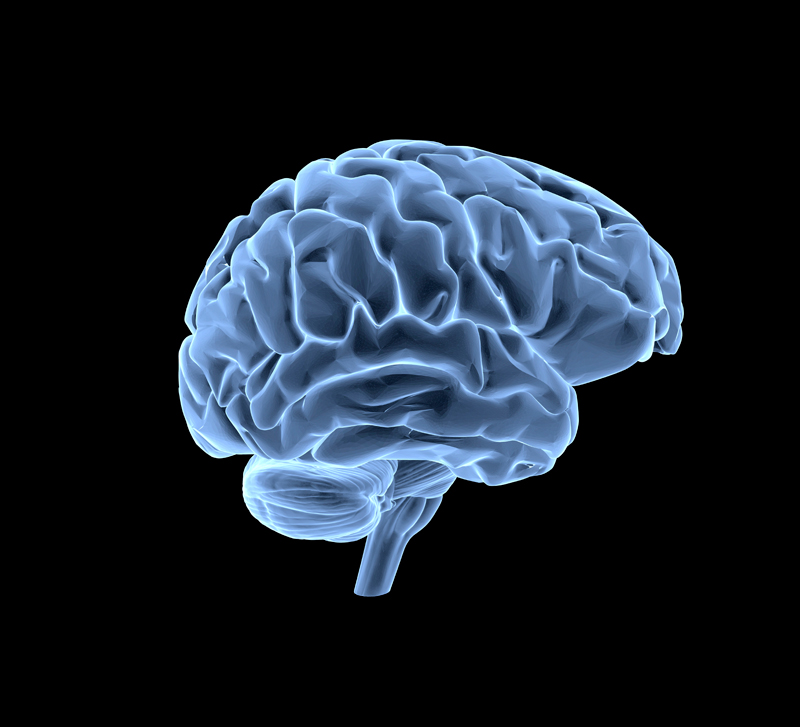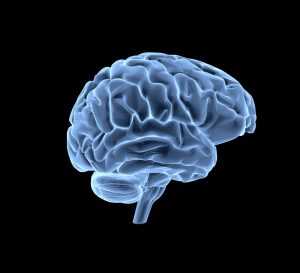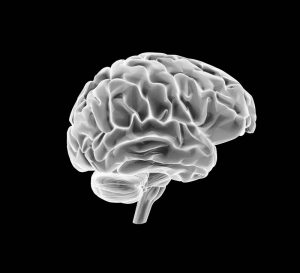
Dr. Claudio Pérez-Leighton: El rol del cerebro en el desarrollo de la obesidad
La obesidad ha alcanzado la proporción de epidemia a nivel global. Así lo asegura la Organización Mundial de la Salud (OMS), cuyas cifras arrojan que, en 2014, el 39% de las personas adultas tenía sobrepeso y el 13% eran obesas. En Chile, la población con obesidad subió a 27,8% el año pasado, el porcentaje más alto en Sudamérica, según el Observatorio Global de Salud del organismo internacional.

“La obesidad es uno de los grandes problemas de salud pública del último tiempo en Chile y en el mundo”, dice el Doctor Claudio Pérez-Leighton, profesor asistente de la Facultad de Medicina e investigador del Center for Integrative Medicine and Innovative Science (CIMIS) de la Universidad Andrés Bello (UNAB). La función del cerebro, explica, tiene un rol fundamental en el control de la ingesta de alimentos, la actividad física y el gasto de energía, por lo que las alteraciones en los mecanismos que regulan estas conductas son claves en el desarrollo de la obesidad.
Desde su laboratorio encabeza la investigación “Rol de los neuropéptidos de orexina y dinorfina en la alimentación y la actividad física y su relación con la obesidad”, que cuenta con financiamiento Conicyt y Fondecyt. El trabajo se centra en entender el rol de un grupo de neuronas localizadas en el hipotálamo, llamadas neuronas de orexina, y en la interacción de los múltiples neuropéptidos –pequeñas moléculas que permiten modular la actividad de neuronas en el cerebro– que éstas liberan.
Las causas de la obesidad son de origen complejo y las terapias disponibles tienen una baja efectividad, considerando estos elementos y el rol clave que juegan las alteraciones en la función del cerebro para su desarrollo, el Dr. Pérez-Leighton –quien trabaja en conjunto con la Dra. Carolina Otero (CIMIS-UNAB)– busca
estudiar cómo funcionan estos mecanismos y contribuir al desarrollo de nuevas terapias.
“En particular, nos interesa entender cómo la actividad de estos neuropéptidos contribuye a la resistencia a la obesidad”, añade el experto, y detalla que “la actividad de estas neuronas se relaciona con un tipo de actividad física de baja intensidad, que se denomina actividad física espontánea”. Hasta ahora han logrado establecer un modelo animal de susceptibilidad diferencial a la obesidad; y han logrado caracterizar la función de un nuevo péptido y cómo éste se relaciona con la actividad física y la ingesta de alimentos.
En la misma línea, el Dr. Pérez Leighton colabora con la Escuela de Nutrición UNAB, donde en conjunto con su directora, Marcela Giacometto, y la académica Vanessa Arias están trabajando en la personalización de terapias nutricionales. Además, investiga proyectos paralelos a la línea central de su laboratorio en colaboración
con el Dr. Danilo González (UNAB), el Dr. Felipe Simon (UNAB) y la Dra. Eugenia Morselli (PUC).
Descargar PDF: El rol del cerebro en el desarrollo de la obesidad
The role of the brain in the development of obesity
Obesity levels have reached epidemic proportions worldwide. According to the World Health Organization, 39% of adults were overweight and 13% were obese in 2014. In Chile, obesity rose to 27.8% last year, which is the highest in South America according to the Global Health Watch report.

“Obesity is currently one of the biggest public health problems facing Chile and the world”, states Dr. Claudio Pérez Leighton, Assistant Professor for the Faculty of Medicine and investigator for the Center for Integrative Medicine and Innovative Science (CIMIS) at the Universidad Andrés Bello.
The brain, explains Dr. Pérez Leighton, plays a fundamental role in the control of food intake, physical activity,
and energy expenditure. Therefore, alterations in the regulatory mechanisms of these conducts are key in the development of obesity.
Dr. Pérez is currently leading the project entitled “The role of the neuropeptides orexin and dynorphin in eating and physical activity and their relationship with obesity,” which is funded through Conicyt and Fondecyt. This investigation is focused on understanding the role of a group of neurons located in the hypothalamus, termed orexin neurons, and the interactions of multiple orexinliberated neuropeptides, which are small molecules that modulate neuron activity in the brain.
The causes of obesity are complex, and the effectiveness of available treatments is low. Considering the key roles that orexin and dynorphin play in the functioning and development of the brain, Dr. Pérez Leighton, in collaboration with Dr. Carolin Otero at CIMIS, is studying the function of these neuropeptides and how they
could be used in new therapies.
“In particular, we are interested in understanding how the activities of these neuropeptides contribute to obesity resistance,” states Dr. Pérez Leighton. “The activity of these neurons is related to low-intensity exercise, denominated spontaneous physical activity.” Currently, this project has established differentiated susceptibilities to obesity in an animal model, in addition to characterizing the function of a new peptide and how it is related to physical activity and eating.
Related to this project, Dr. Pérez Leighton also collaborates with the School of Nutrition of the Universidad Andrés Bello, specifically with the school’s director, Marcela Giacometto, and the researcher Vanessa Arias. This team is working on personalizing nutritional therapies.
Moreover, Dr. Pérez Leighton participates in projects parallel to his primary line of investigation through collaborations with Dr. Danilo González and Dr. Felipe Simon, both from the Universidad Andrés Bello, and with Dr. Eugenia Morselli from the Pontificia Universidad Católica de Chile.
Download PDF: The role of the brain in the development of obesity
